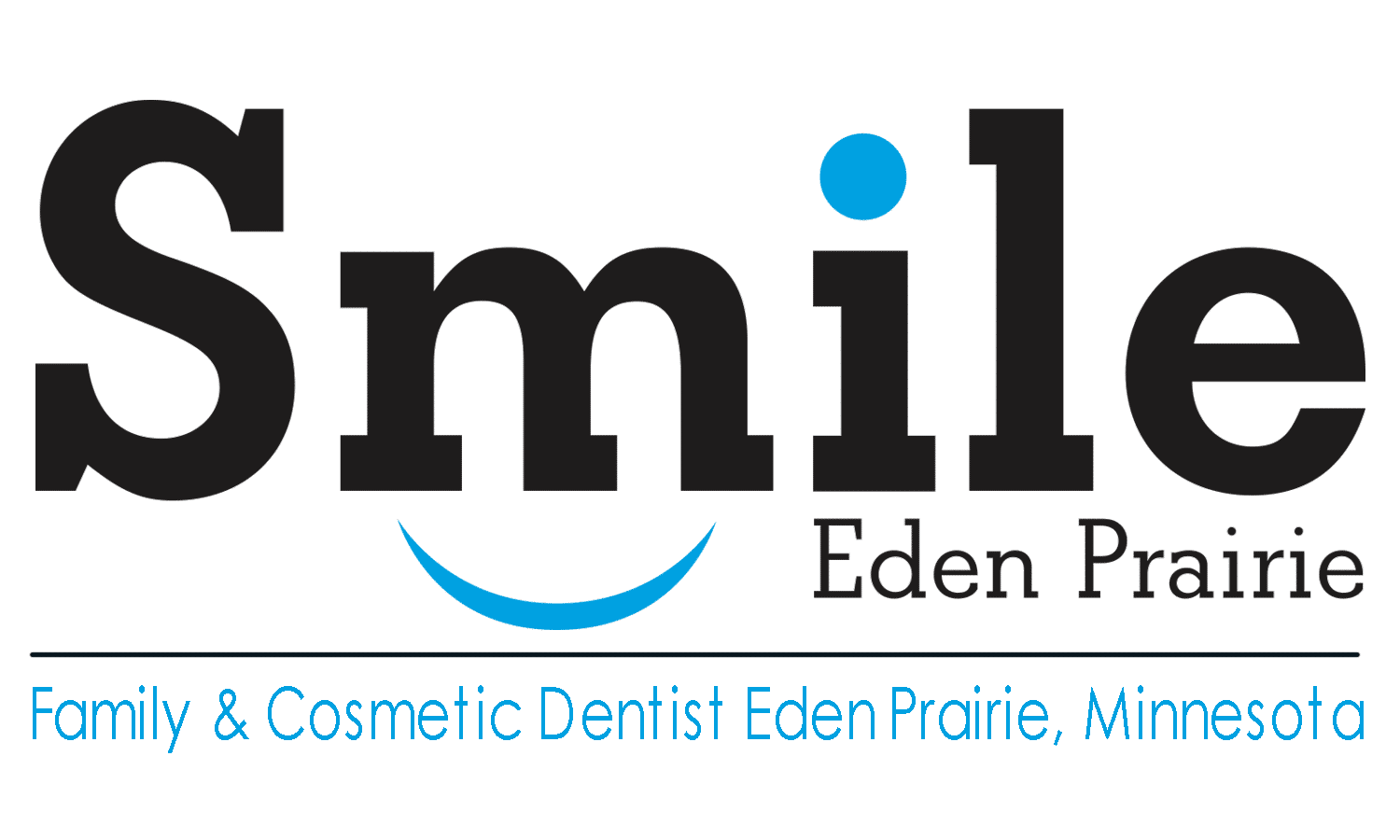Fix Impacted Teeth
Treatment for Impacted Teeth
There is a normal trajectory in dental development and health starting with baby teeth that loosen, and then fall out. And eventually adult teeth will grow in where the baby teeth once were. However, sometimes when the adult teeth come in they can grow crookedly, unevenly, or in the wrong place. If this occurs usually braces or Invisalign are used for treatment by shifting the new adult teeth into the ideal bite position, and to diminish crowding of the teeth. Unfortunately, in some cases, one or several of the adult teeth, as they are developing, don’t erupt on their own even though they have starting developing in the jaw bone underneath the gum line. These teeth that don’t erupt are called impacted teeth.
Crowding of the teeth is usually the cause for impaction and impaction can cause a variety of complications. When new teeth don’t have enough room to erupt, they can remain stuck underneath the gums. When eruption doesn’t happen at all this is called full impaction. When the tip of the tooth reaches the actual gum-line and starts to erupt but doe not full erupt or develop this is call partial impaction.
The teeth that often become impacted are the wisdom teeth. If the jaw does not have enough space the impaction of the wisdom teeth can occur. Sometimes impaction happens if the wisdom teeth have grown in crookedly, or even sideways.
Besides the wisdom teeth, the upper canines are the only commonly impacted teeth. Family history can actually be a factor in impaction likelihood, especially in the case of upper canine impaction. Usually just one canine tooth becomes impacted, but sometimes impaction occurs for both upper canine teeth.
Symptoms of impaction can vary from person to person. Some people do not experience signs of impaction beyond having a tooth that does not fully erupt. But canine teeth are considered by many to be an essential aspect of a great smile because of the structure and support they provide. They are also an essential part of the chewing process because they can assume significant chewing pressure as they have long roots.
Beyond what some might called a “lopsided” smile, other symptoms and issues can occur from impaction. Impacted teeth can cause gum disease, cavities, damage of nerves and infections, while symptoms of impacted teeth include, bad breath, unpleasant taste present consistently in the mouth, pain, prolonged and/or recurring headaches, aching in the jaw, swollen lymph noes or gums, and gaps that are visible.
Unfortunately, often impaction can’t be prevented, and treatment is necessary. Treatments can include extraction (usually for wisdom teeth, surgery, and orthodontic treatments for repositioning a tooth (typical or upper canine treatments). Impaction can be diagnosed with oral exam and the use of dental X-rays. Orthodontists will get a clear overview and recommend optimal treatment. If you feel you may have an impacted tooth, consult with your dentist and/or orthodontist as soon as possible.
